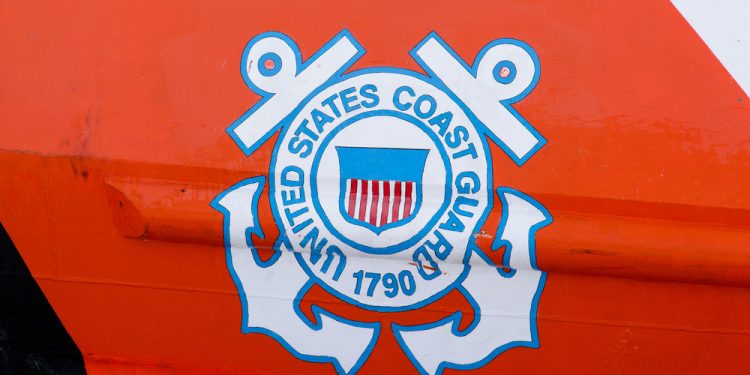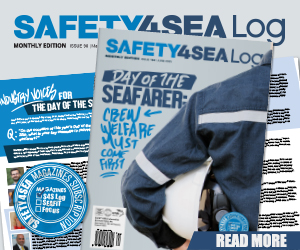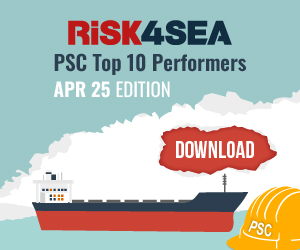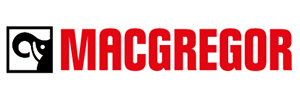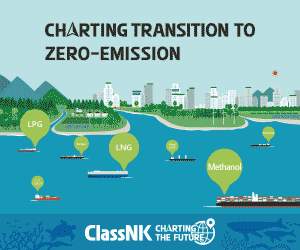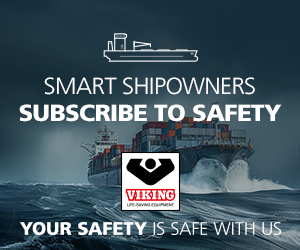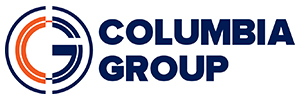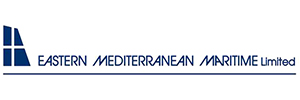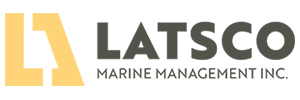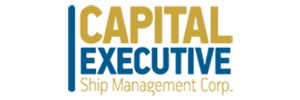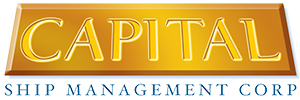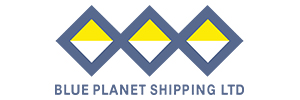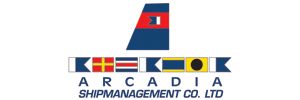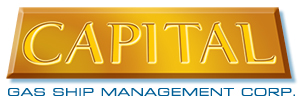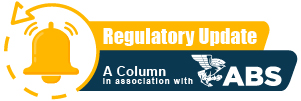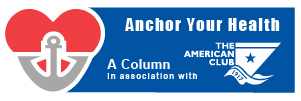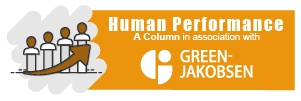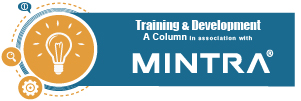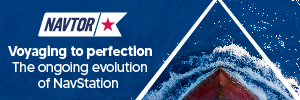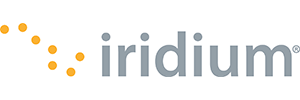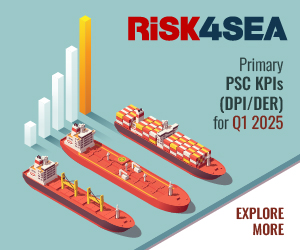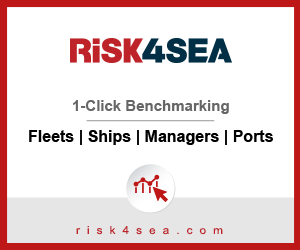The U.S. Coast Guard (USCG) has issued a warning regarding issues related to fire detection systems on towing vessels that are not type-approved by the Coast Guard but are instead certified by a Nationally Recognized Testing Laboratory (NRTL).
According to the USCG, even though fire detection systems may be accompanied by a certification letter issued by an authorized entity, a recent Coast Guard investigation revealed that some NRTL approved systems may have potential shortcomings and oversight gaps.
- A system listed by a NRTL may not be rated/tested for use in a marine environment. Fire detection system components that have not been rated/tested for marine use may be more susceptible to malfunction from exposure to the moisture, temperature fluctuations, vibration, and corrosive agents (such as salt) common in the marine environment.
- Unlike Coast Guard type-approved fire detection systems, there is currently no process or requirement in place for manufacturers to notify the Coast Guard of design defects and safety recalls for components in non-Coast Guard approved fire detection systems. This greatly increases the chances of defective or recalled components going unnoticed.
- The certification letters provided to meet the requirements of 46 CFR§ 142.330 and other documentation for the installed fire detection system may not include a list of the make, model, type, number, or location of devices installed in a vessel’s fire detection system. Without knowing the specific equipment installed, a company or organization responsible for regulatory oversight cannot determine when a vessel is affected by a critical safety recall, or when modifications have been made to the system that warrant re-certification. Furthermore, a lack of familiarity with installed equipment may lead to improper maintenance, testing, and replacement intervals for critical detection components such as heat or smoke detectors.
The USCG strongly recommends that vessel owners, vessel crew, fire alarm servicing personnel, and third-party surveyors:
- Ensure that fire detection systems are installed, tested, and maintained in accordance with the manufacturer’s design manual as required by 46 CFR§ 142.330.
- Ensure that, in addition to tests and maintenance required by the manufacturer’s design manual, fire detection systems be inspected and tested:
- Annually in accordance with 46 CFR§ 142.240, and also
- Undergo testing required for “essential systems” in accordance with 46 CFR§ 143.245. This testing should be conducted in accordance with the manufacturer’s instructions or as stipulated in the vessel’s Towing Safety Management System (TSMS) at a frequency of every 3 months.
- Ensure that vessels have documentation that lists the make, model, type, number, and location of components installed on board the vessel. Ideally, this information should be documented in a letter or included in supplementary compliance documentation such as plans, drawings, or a verified installation parts list, that have been certified and reviewed by an authorized entity as required under 46 CFR§ 142.330 and stamped in accordance with 46 CFR§ 144.145. This will enable fire detection system companies and regulators to quickly identify components installed on a vessel when safety recalls are issued, and permit servicing personnel to correctly identify the type of maintenance and testing required for installed components.
- Register all fire detection system components with their respective manufacturer and register for their email and notification lists. This will improve the chances that component manufacturers will contact you regarding any discovered defects and safety recalls.
- Be aware that non-restorable, fixed-temperature heat detectors cannot be field tested, and manufacturers typically require their replacement every 10 years, or in accordance with National Fire Protection Association Standard 72 (NFPA 72) which requires replacement of such devices every 15 years. Combination “rate-of-rise” heat detectors have both a rate-of-rise feature and a non-restorable fixed-temperature setting, and the rate-of-rise feature must be tested annually in accordance with manufacturer’s instructions and/or NFPA 72. These detectors often look the same, and the only way to confirm the type you have is to verify the make and model number printed/labeled on the detector against manufacturer’s documentation.
- Visually examine installed detectors during inspections and surveys. Any detectors that are physically damaged or found to have the sensing element painted over should be immediately replaced.
- When replacing components installed in the fire detection system on inspected towing vessels, unless the new components are the same or those with the same technical specifications (and listed by the manufacturer as compatible with the system), the fire detection system and new components should be re-inspected and re-certified for compatibility by an authorized entity listed under 46 CFR§ 142.330
During marine inspections, the USCG will continue to verify fire detection system compliance through visual inspections, records checks, and testing.
































